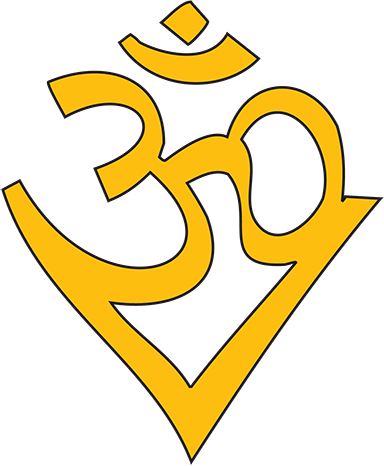Religious Pluralism is the Reason for the Success of Indian Democracy
Religions that have their roots in India namely, Hinduism, Buddhism, Sikhism and Jainism believe all paths to God are valid and over the centuries this sublime belief has helped avoid violence and strife. There are thousands of sects within Hinduism and violence between them is unknown. Jains have a concept called, ‘ Anekantwad ‘ meaning that truth can be arrived at from different paths. There is a great parable in Buddhism that describes a blind man touching different parts of an elephant and describing what he thinks it looks like. In his on way he is correct in his description and the same is true of religions. According to the time, circumstances and the culture a religion is born in, it will interpret the truth as it sees it. Indic religions believe there is nothing to fight about these apparent differences. Even atheists have been given space in Hindu scriptures! Indeed the whole concept of ,’ my religion’ is an extension of my race, my country all of which the Indic religions term as ,’ Maya’ or illusion. At death all these attachments are severed.
When the Zoroastrians known as the Parsees came to India having been driven out of Persia for their religious beliefs, the Hindu king welcomed them and not only tolerated but encouraged them to continue practising their faith. Parsees have lived happily in India over the centuries, and there has not been a single incident of confrontation with the majority Hindus. Indeed the Parsees have paid back by excelling in so many fields that have put India on the map as a economic giant. Jewish people acknowledge that India is one of the few countries where they have never faced any persecution over the centuries.
Sikhs have even defended other faiths facing persecution. The other unique advantage the Indic religions have is that precisely because of the tolerance of ideas they are able to reform whenever negative pratices creep in as it does in any long established religion. Mahatma Gandhi and many others in India were able to confront long established but outdated and corrupt practices which had taken root in Hinduism. In many faiths such reformers have faced violent persecution but Hinduism welcomes valid criticism.
This permanent revolution, to use a Trotskyite term, keeps the faith in touch with the ever changing world.
This freedom of thought and expression is the reason why democracy is thriving in India. Until recently Marxists had held sway in West Bengal and they became part of the political landscape, the significance of this can only be realised when one considers the possibility of any state in the US which would espouse Marxists ideology and come to power and survive! Well before western democracy was adopted by the newly independent India, there was a well established democratic system called the ‘ Panchayat System’ whereby people were elected by the citizens to run their towns and villages. New thoughts, new ideas do not frighten the people of Indic religions neither do they try to stifle them. As Mahatma Gandhi said: “Let my windows be open to receive new ideas but let me also be strong enough not to be blown away by them”. Mother Teresa is an example of how Indians are able to embrace people and ideas and before long they become part of the landscape and assume Indian character! In the heart of New Delhi there is a beautiful Baha’i temple. This temple sits comfortably in its new home and Indians visit it in large numbers hoping that there will be something new to learn from it which will enrich their lives. By staging a yet another successful election this huge country with a billion population and immense diversity has shown that it is possible for democracy to flourish and people need not be crushed by authoritarian regimes. Unfortunately India seldom gets positive coverage and Indians themselves ( even NRI’S! ) have a tendency to see things in a negative mindset. Perhaps the time has come to acknowledge India’s immense achieves against overwhelming odds.
Nitin Mehta MBE
First published in India Link magazine
August/September issue 2009


Recent Comments